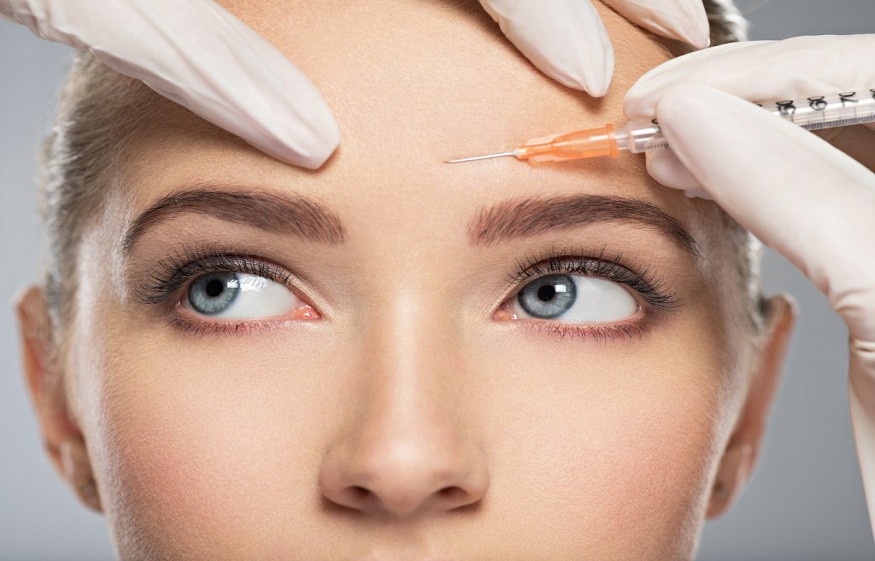
Could Botox Be Harming Your Health?
Botox is an injectable medicine made from the toxin produced by the bacterium Clostridium botulinum. The toxin is used to treat a variety of muscle conditions.
It can also be used to help prevent chronic migraine headaches. However, Botox can cause serious side effects if it is injected incorrectly.
Botulism
Botulism is a rare but serious illness that’s caused by the poison (toxin) produced by bacteria called Clostridium botulinum. It attacks your nervous system and can cause weakness or paralysis of the muscles that control your eyes, mouth, throat and other parts of your body.
The toxins may also affect the muscles that help you breathe. In severe cases, this can lead to respiratory paralysis.
If you’re exposed to food-borne botulism, symptoms usually appear within 12 to 36 hours after eating contaminated foods. In rare cases, they can start as early as six hours or up to 8 days after exposure.
Infant botulism occurs when spores of Clostridium botulinum grow in a baby’s intestine. It typically happens in babies between 3 weeks and 6 months old.
Adult intestinal toxemia botulism is another rare form of this infection, which happens when spores get into an adult’s intestines and grow and produce the toxins. It’s more likely to occur in people who have gastrointestinal health conditions or are taking certain medications that affect their digestive system.
Difficulty swallowing or breathing
Dysphagia, which means difficulty swallowing, can be caused by a variety of health problems. It can happen when your muscles don’t work properly or if you have certain medical conditions like a stroke or Parkinson’s disease.
You should always consult your doctor if you have any issues swallowing or breathing. These may be a sign of a more serious problem and require immediate treatment.
Swallowing is a complex process that involves the coordination of many muscles and nerves. It takes several seconds to complete a normal swallow.
When you swallow, your body also coordinates the breath cycle. When you swallow, your throat temporarily closes and you hold your breath a little to prevent food or fluid from entering the lungs.
If swallowing is difficult, your doctor will do an invasive test called an endoscopy to look inside your esophagus. He or she will also take biopsies of your esophagus and check the strength of your swallowing muscles.
Allergic reaction
An allergic reaction is an overreaction by the body’s immune system to a substance called an allergen. Allergens include foods, medications, and pollen.
Allergies can be mild or severe and can cause problems like hay fever, eczema, hives, asthma and food allergies. They can also be life-threatening.
During an allergic reaction, your body’s immune system releases antibodies, which target the specific allergen. These antibodies can cause the release of histamine and other chemicals that trigger symptoms.
A doctor can test for an allergy with a skin prick or patch test. They will prick the skin with a small amount of a suspected allergen and then repeat the test 48 hours later.
A person with a history of allergies may be more at risk for an allergic reaction. This is why it’s important to disclose all pre-existing allergies and medical conditions to your doctor before receiving Botox.
Long-term effects
Botox has been around for decades and is a popular choice for people who want to take years off their appearance. It can reduce the appearance of forehead lines and fine lines around the eyes and mouth.
Sustained use of the drug trains your face’s muscles to move less, resulting in fewer wrinkles. However, the effects of prolonged use may fade over time.
One concern is that the toxin in Botox can weaken the muscles in your body that help you swallow and breathe. This could lead to symptoms like muscle weakness or breathing troubles that can appear hours to weeks after you receive an injection.
While these long-term side effects are uncommon, they can be serious if you experience them. You should call your doctor if you think you might have experienced them after receiving your injections.


